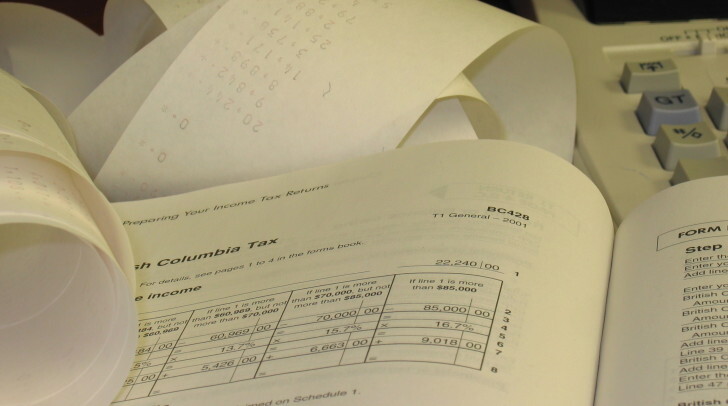By Suzanne Meiners-Levy

You have worked your hardest to do everything correctly. Your Twin Commander is owned and operated in a manner designed to avoid any FAA violations, you have kept detailed flight records of all of your flights, your accounting records are current and well organized, and your aircraft has allowed you to sustain or even grow your business. And yet, now the Internal Revenue Service has sent you a notice indicating that they intend to audit your aircraft ownership or operation company. What next? How do you navigate this process without it taking over your life or leading to more taxes that are unwarranted or unsupported? A few tips will help keep you sane as you approach one of the most feared government actions: the IRS audit.
First, be patient. Rushing through is generally not in your interest. It can be very tempting to want to get finished with an IRS exam as quickly as possible. It feels like a distraction from your core business operation, the uncertainty is stressful, and the mere feeling of an exam notice can feel like an indictment from which you want to prove your innocence.
Resist this temptation. Remember that the IRS has experienced significant cuts to its budget, leading to many positions remaining unfilled or understaffed. Several field offices, as well as appeals offices, have slowed, leading to an increase over the last three years in the average duration of an audit with complex legal issues at play.
IRS exams are invariably going to move more slowly than you are accustomed to, and pushing an examiner to rush through may lead to an unwarranted adjustment, given that the average business auditor likely has little experience understanding the deductions related to business aviation. In your rush to get things done, you are likely to open new avenues of inquiry that result in extending the process further. Not a naturally patient person? Hire a professional to guide you through the process and interface directly with the agent to save you the stress and agitation.
Second, proceed with caution. You are likely very good at what you do for a living. You fly in an amazing corporate aircraft that facilitates your business operations and are likely used to being effective, convincing, and on point. All that said, making the choice to speak directly to the examiner without a representative guiding you, or deciding to “preempt” their argument by giving them all the reasons they should close the exam, is a dangerous approach.
Examiners are idiosyncratic. They can be obtuse about what they are looking for, or whether they come into the exam with a defined agenda in mind. Suppress the impulse to handle this on your own, or with information beyond the direct requests of the examiners. Keeping your responses narrowly tailored to the requests is your best bet at moving through an exam successfully.
Third, know your rights. The feeling of powerlessness in an exam—feeling as if you are at the whim of the auditor who holds your file—can be very frustrating. Heeding the warnings above, it is important to know that you have taxpayer rights throughout the process. You have the right to have a representative licensed to practice before the IRS guide you through the process. You have the right to ask why specific documents are being requested, and where the examiner is going with the inquiry. You have the right to ask for the intervention of a manager if you are not being fairly treated, or if you have questions the examiner has not answered.
Additionally, you almost always have the right to appeal exam findings with which you disagree. A timely filed appeal will allow you to avoid paying additional taxes alleged while the appeal period is pending. Being mindful of these rights is helpful in navigating the invariably long audit process.
There is no question that facing an IRS exam is stressful and can be a big distraction from your day-to-day life. That said, at the end of the day many examinations of business aircraft end up with no adjustments to the deductions, or minor computational corrections.
Fear of an IRS exam is no reason to avoid claiming the deductions to which you are entitled, and solid contemporaneous records of flight operations kept in anticipation of filing the tax return make the audit process and conclusion much more pleasant most of the time. By keeping in mind that IRS exams are simply a cost of doing business, and one where you can hire aircraft experts to help you along the way, you can keep your eyes and mind focused on what matters most—taking to the skies.
Suzanne Meiners-Levy, Esq., is a partner at Advocate Consulting Legal Group, PLLC, a boutique law firm focusing exclusively on the tax and FAA compliance considerations of general aviation business aircraft. Suzanne has helped hundreds of clients navigate IRS examinations, appeals, and litigation and has been a featured speaker and writer on business aviation practices in a variety of professional venues. She has testified as an expert witness in aircraft leasing practices in State and Federal Courts. A graduate of Vanderbilt University and NYU School of Law, she is licensed to practice in New York, Texas, Florida, and Tennessee, as well as before the United States Tax Court.
